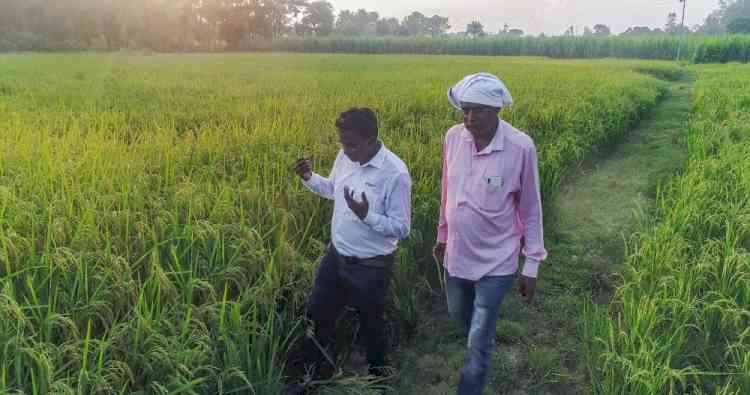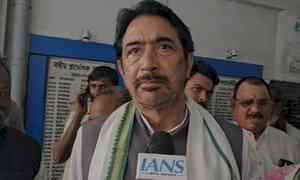Corteva uses science based sustainable solutions to support rice growers against brown plant-hoppers
Corteva Agriscience’ s preventive care solutions control damage, increase rice yield and contribute to healthier, more nutritious food supply

Bangalore: Corteva Agriscience, the global agriculture company, uses science-based solutions to proactively manage brown plant hoppers (BPH) menace in paddy farming. To help farmers mitigate the risk from BPH, the company has been directing efforts to study the trajectory of the pest over many years and across thousands of acres.
Corteva has carried out hundreds of demos on preventive care, in the last 5 years across the country and found consistent results even under abnormally high pest pressure like last year. The company is leveraging results from these studies to educate farmers on preventive solutions for plant protection from direct pest damage and hopper transmitted virus diseases.
Rice in India is cultivated on 110 million acre land, of which two crores acres is infested heavily with hoppers. Due to lack of a proactive attitude towards hopper management, about three to four quintals of rice per acre is sabotaged each year. The extent of damage can range from 10% in moderately infested fields to more than 70% in highly infested fields.
Crop protection maximizing coverage on leaves and local systemic movement within leaves reaches the rice hoppers at their feeding sites, and thus it mitigates the damage from the attack, making the crop healthier, improving yield and safeguarding rice farmers’ incomes
With this preventive approach, Corteva in the last three years has protected over 2 million acre land in southern India, with nearly 1 million acre land in Karnataka alone.
Aruna Rachakonda, Director, Marketing – South Asia at Corteva Agriscience said, “We at Corteva Agriscience are committed to keep farmers at the center of innovation. We strive to address longstanding issues like pest menace through integrated and targeted solutions, not just enhancing agricultural productivity but also supporting conservation practices. India’s rice yields have been significantly lower than the global average owing to the menace of aggressive planthoppers. By educating the farmers on preventive measures, we aim to control the damage, increase yield and safeguard their incomes”



 cityairnews
cityairnews 








